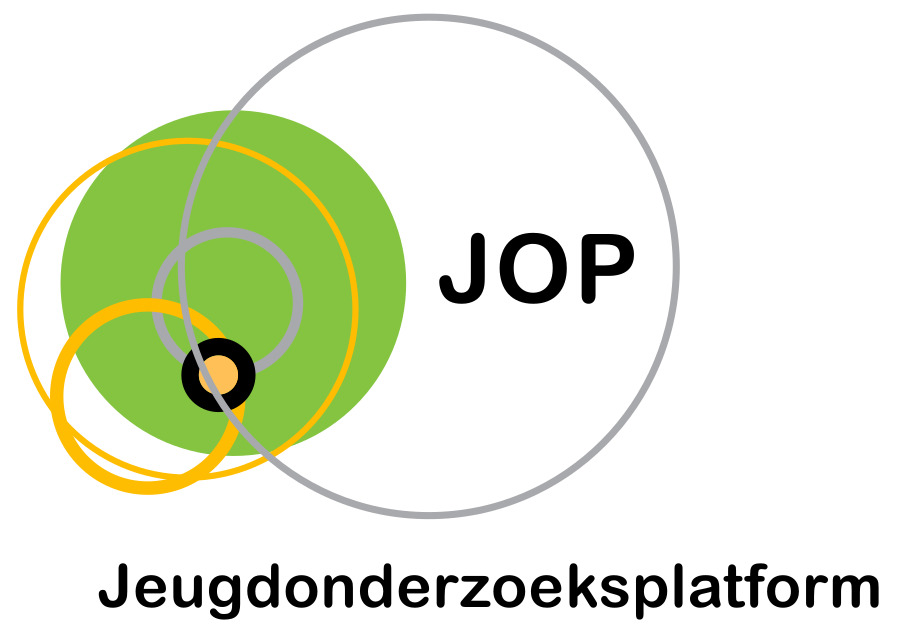Do ethnically diverse schools reduce ethnocentrism? A two-year panel study among majority group late adolescents in Belgian schools.
Auteurs
Dejaeghere, Y., Hooghe, M., & Claes, E. (2012)

Abstract
Contact theorieën over de ontwikkeling van etnocentrisme stellen dat de interactie met etnische minderheden vooroordelen afzwakken. Dit onderzoek gaat deze assumptie na aan de hand van een representatieve steekproef bij Belgische adolescenten (n= 2828), waarbij het klasniveau als interactiecontext wordt genomen. Aangezien een gemiddelde klas ongeveer bestaat uit 13 leerlingen per klas, is het mogelijk dat binnen de klas een intensieve interactie plaatsvindt tussen leerlingen, wat de ideale setting biedt voor longitudinale multilevel analyses om effecten over de tijd na te gaan. De analyses tonen geen significante effecten op de mate van etnocentrisme door de diversiteit op zich. De perceptie van etnische en culturele spanningen op school, is echter, twee jaar later, wel verbonden met een stijging in etnocentrisme. Een vraag met betrekking tot het aangaan van relaties (dating thermometer) vertoonde een significante relatie met het niveau van diversiteit, maar dit betreft een meer persoonlijke vraag die bovendien ook sterk beïnvloed werd door de aanwezigheid van etnische spanningen. Dit onderzoek besluit dat er geen mechanisch effect van diversiteit bestaat in de klas, maar dat dit effect wel afhankelijk is van de gepercipieerde gelijkheid van intergroep relaties, in lijn met de contact theorie zoals ontwikkeld door Allport en Pettigrew.
Contact theories on the development of ethnocentrism assume that interaction with ethnic minority representatives will reduce prejudice. We test this assumption among a representative sample of Belgian late adolescents (n = 2828), taking the class level as interaction context. Given an average class size of 13 pupils/class, it can be expected that within the class room an intensive interaction between pupils occurs, thus providing an ideal setting for testing the contact hypothesis. The Belgian Political Panel Study (BPPS, 2006–2008) allows for longitudinal multilevel analysis, tracing effects over time. The analysis shows no significant effects of diversity as such on ethnocentrism. The perception of ethnic and cultural tensions at school, however, is associated with the strengthening of prejudice two years later on. A dating thermometer question had a significant relation with diversity level, but this more personal question too reacted strongly to the presence of ethnic tensions. We conclude that there is no mechanical effect of diversity in class rooms, but that this effect is dependent on the perceived quality of the intergroup relations, in line with the contact theory as developed by Allport and Pettigrew.
Referentie
Dejaeghere, Y., Hooghe, M., & Claes, E. (2012). Do ethnically diverse schools reduce ethnocentrism? A two-year panel study among majority group late adolescents in Belgian schools. International Journal of Intercultural Relations, 36(1), 108–117.
Taal
Engels
Publicatievorm
Tijdschriftartikel
ISBN – DOI
https://doi.org/10.1016/j.ijintrel.2011.02.010
Trefwoord(en)
Ethnocentrisme, adolescenten, contacthypothese, scholen, België
